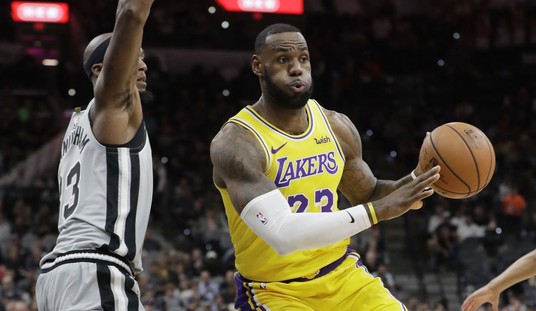On October 24, the Coptic Pope Shenouda III “met with” (according to al-Ahram and other newspapers) or was “summoned by” (according to sources close to him) Egypt’s ruling military council for an urgent meeting at the Ministry of Defense. The ailing patriarch, 88, whose fortieth anniversary in office was celebrated November 14, was told to come alone.
There, he was berated by the top three generals. After the meeting, the pope wouldn’t say much, but the declaration emphasized “putting Egypt’s interest above all,” an implication that Christians shouldn’t complain or respond with demonstrations to their treatment. Many Copts thought that he had been bullied by the junta.
But if the junta wants to quiet the situation, why doesn’t it address and try to resolve Coptic grievances?
Copts, who comprise 10 percent or more of Egypt’s population, have been subjected to systemic discrimination for years, often accompanied by sectarian attacks. Generally peaceful, and knowing that they were outnumbered by a wide margin and that resistance might bring greater suffering, the Copts’ pattern was to swallow their pain and humiliation, groan in private and take refuge in prayer, and depend on the church’s clergy to beg the authorities on their behalf.
An ugly massacre of Christians in the south of Egypt in January 2010, on the eve of the Coptic celebration of Christmas, seemed to be the last straw. In a major departure from past behavior, Copts began to protest directly to the government. This campaign culminated with the 2011 New Year’s Eve massacre, when 23 Copts were killed and scores injured in a big explosion outside a church in Alexandria. (Recent evidence suggests that the Mubarak regime’s security apparatus may have been behind it.) In response, tens of thousands took to the streets across the country.
Just three weeks later, the 2011 revolution erupted. Many Copts joined in the movement, with the idea of attaining basic civil rights. Mubarak’s fall in February was seen by many as virtually a divine response to the earlier massacres.
But hope soon faded. After a brief honeymoon, Copts faced increased violence, with over 30 serious attacks in the nine months since the February regime change, claiming 74 lives and hundreds injured. Just as it was under Mubarak, not one attacker of the Copts has been arrested. Indeed, the junta often openly sides with the rising Islamist extremist forces.
The focal point of Coptic protests has been the Maspero area of Cairo, in front of the mammoth, state-owned television headquarters, a symbol of the propagandist media. This effort has come to be called the Maspero Youth Movement. The always peaceful protests denounce growing anti-Christian violence and demand justice for the community. The movement makes clear its independence from the church and its spiritual leaders.
On October 9, Coptic protesters, joined by many Muslims and including women and children, marched to Maspero to protest the latest Islamist extremist attack on a church which was targeted because it was being repaired. The local governor publicly justified the assault. On arriving at Maspero, the demonstrators were attacked by soldiers firing guns and running some of them down with armored military vans. The number of dead was at least 27 and the injured exceeded 300. Nine Copts remain unaccounted for, and many are still being detained by a military prosecutor.
During the attack, the state media called upon “noble” Egyptians to defend the army against “attacking Copts.” Despite overwhelming evidence, the junta continues to deny any responsibility for the violence and even praised the performance of its soldiers as well as the state media’s performance.
Previously, the army had vowed since its February takeover never to shoot at citizens. It largely has kept to its promise, despite numerous cases when huge demonstrations went out of control, or even when mobs cut roads, attacked public buildings, churches, or other Christian-owned properties.
So the Maspero massacre can only be interpreted as an escalation to intimidate further Coptic protests. Yet it has no effect on the mounting attacks against the Christians – except by inviting more of them.
Despite such singling out, Copts are aware that they are not only defending their own rights but also participating in a battle alongside secularist and liberal Muslims to stop Egypt from “democratically” turning into an Iran-like state. Thousands of Christians have fled the country since the revolution. Others are determined to resist.
This brings us back to the junta’s hurried meeting with the Coptic pope. The junta was clearly trying to achieve three objectives.
First, by dealing directly — and only — with him, the junta signals that the Copts will be treated as a traditional religious community (“dhimmis”) rather than as a large portion of Egyptian citizens with a grievance.
Second, that their religious “chief” will be held responsible for the acts of his people and hence is expected to control them, or else. By the same token, this is intended to intimidate the Copts (inside and in the Diaspora) since they do not want to place their elderly spiritual leader in danger.
Third, the Copts should put “Egypt’s interest above all” by shutting up and not doing anything — however legitimate — that can be used as a rationale by Islamists to attack them.
Also read: Obama Admin Wants Egyptian Elections to be Free of What?









Join the conversation as a VIP Member